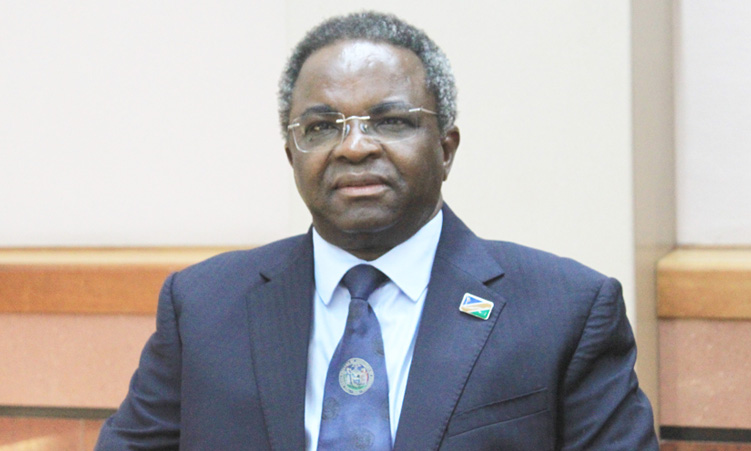As the middle-aged population in South Africa faces the looming reality of retirement, the fear of financial stress casts a shadow over their golden years.
The dream of a comfortable retirement is under threat for many, and addressing this issue is critical. Research insights shed light on the challenges and potential solutions, offering a path to a more secure retirement.
The current landscape
According to a study by the Association for Savings and Investments in South Africa (Asisa), only 6% of economically active South Africans will retire comfortably.
Many people are at risk of not maintaining their pre-retirement standard of living during their retirement years. This alarming statistic illustrates the urgency of the retirement crisis in the country.
There are several factors that contribute to financial stress among the middle-aged population:
Inadequate savings:
Several case studies indicate that many South Africans do not save enough for retirement. Contributory factors include low incomes, the informal labour market, and limited access to formal pension schemes.
High levels of debt:
What we also see is that a significant portion of the middle-aged population is burdened by debt, which can eat into their retirement savings. High levels of consumer debt, including credit cards and personal loans, make it challenging to save adequately for retirement.
Lack of financial literacy:
Research conducted by the Financial Sector Conduct Authority (FSCA) found that a lack of financial literacy is a major issue.
Many individuals are unaware of the importance of retirement planning, which results in poor decision-making regarding investments and savings. The average financial literacy score among South Africans was 52 out of 100 in 2020, a trend that raises concerns.
Economic challenges:
The economic challenges facing South Africa, including high inflation, unemployment and slow economic growth, have made it difficult for individuals to secure their financial future. These factors exacerbate financial stress.
Addressing the crisis
The road to addressing financial stress among the middle-aged population in South Africa is a complex one, but there are viable solutions:
Mandatory retirement savings:
Implementing mandatory retirement savings contributions, similar to some of the developed countries, can help bolster individuals’ retirement savings. This approach ensures that all workers set aside a portion of their income for retirement. This, of course, could be explored within a South African context.
Financial education initiatives:
National campaigns to promote financial literacy and educate individuals on retirement planning are essential. These campaigns can be conducted through schools, community centres, and workplace programmes.
The companies operating in the financial services sector already have this mandate – it is just a matter of staying committed to the cause.
Debt management support:
The government and financial institutions should provide resources and programmes to help individuals manage and reduce their debt. Debt consolidation programmes and financial counselling can be effective in addressing this issue.
Access to affordable financial services:
Expanding access to low-cost financial services, including retirement savings options, can help individuals who are currently excluded from formal financial systems.
Encourage employer contributions:
Companies can play a vital role in ensuring that employees are financially prepared for retirement. Encouraging employers to contribute to their employees’ retirement funds can help bridge the savings gap.
Government interventions:
The government can provide tax incentives for retirement savings, create a national pension fund, and bolster the social security net for retirees.
The retirement crisis among the middle-aged population in South Africa demands immediate attention. The statistics are alarming, and the consequences of inaction are dire.
Nzembela is the chief marketing officer at Assupol.
Stay informed with The Namibian – your source for credible journalism. Get in-depth reporting and opinions for
only N$85 a month. Invest in journalism, invest in democracy –
Subscribe Now!










